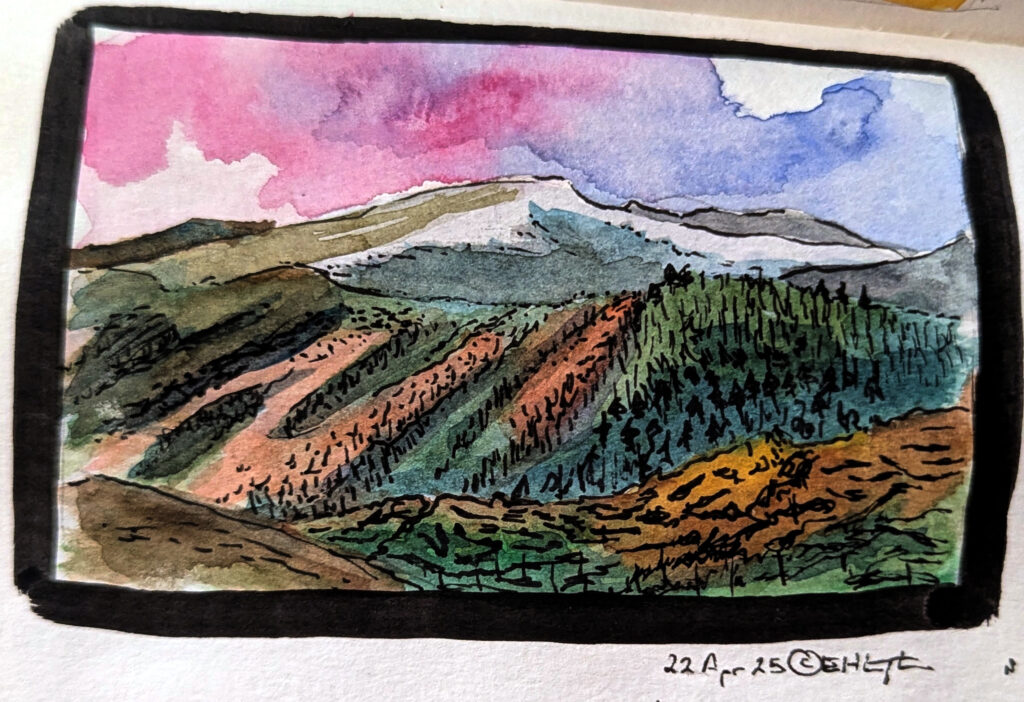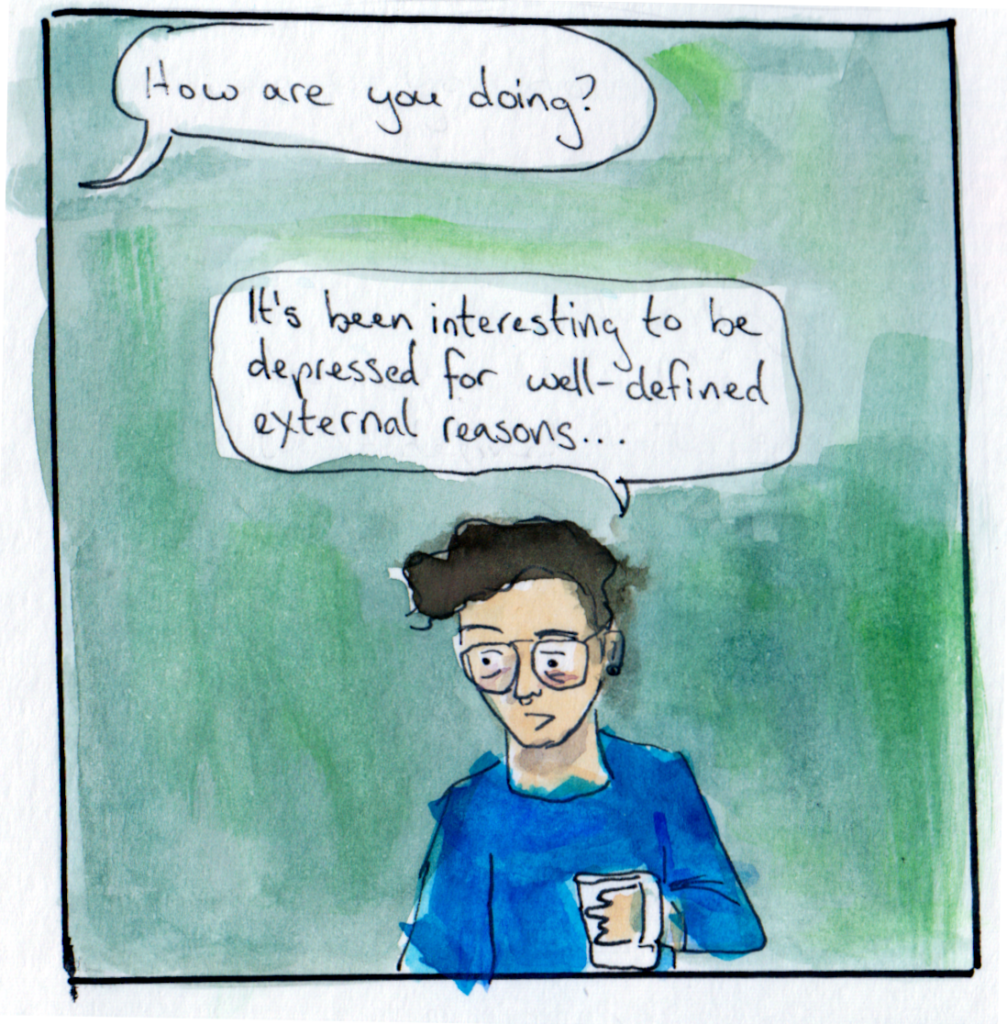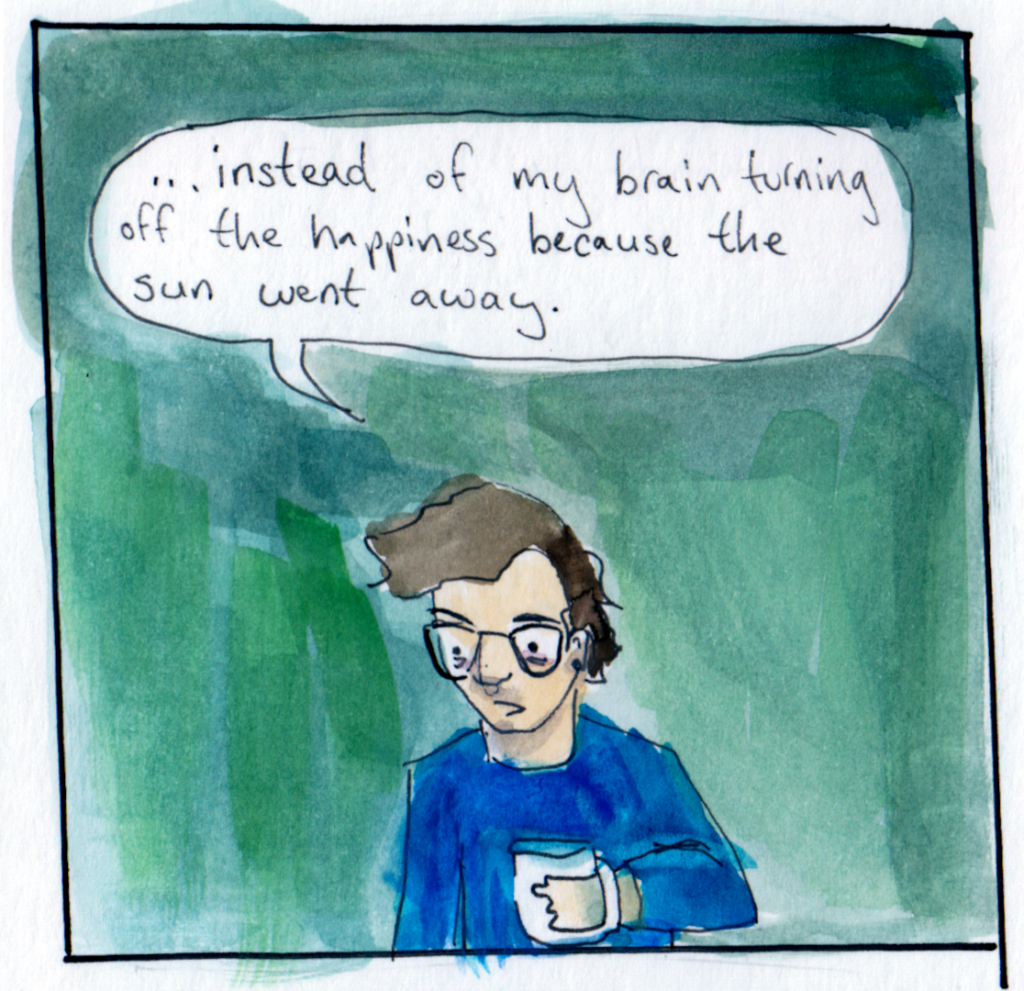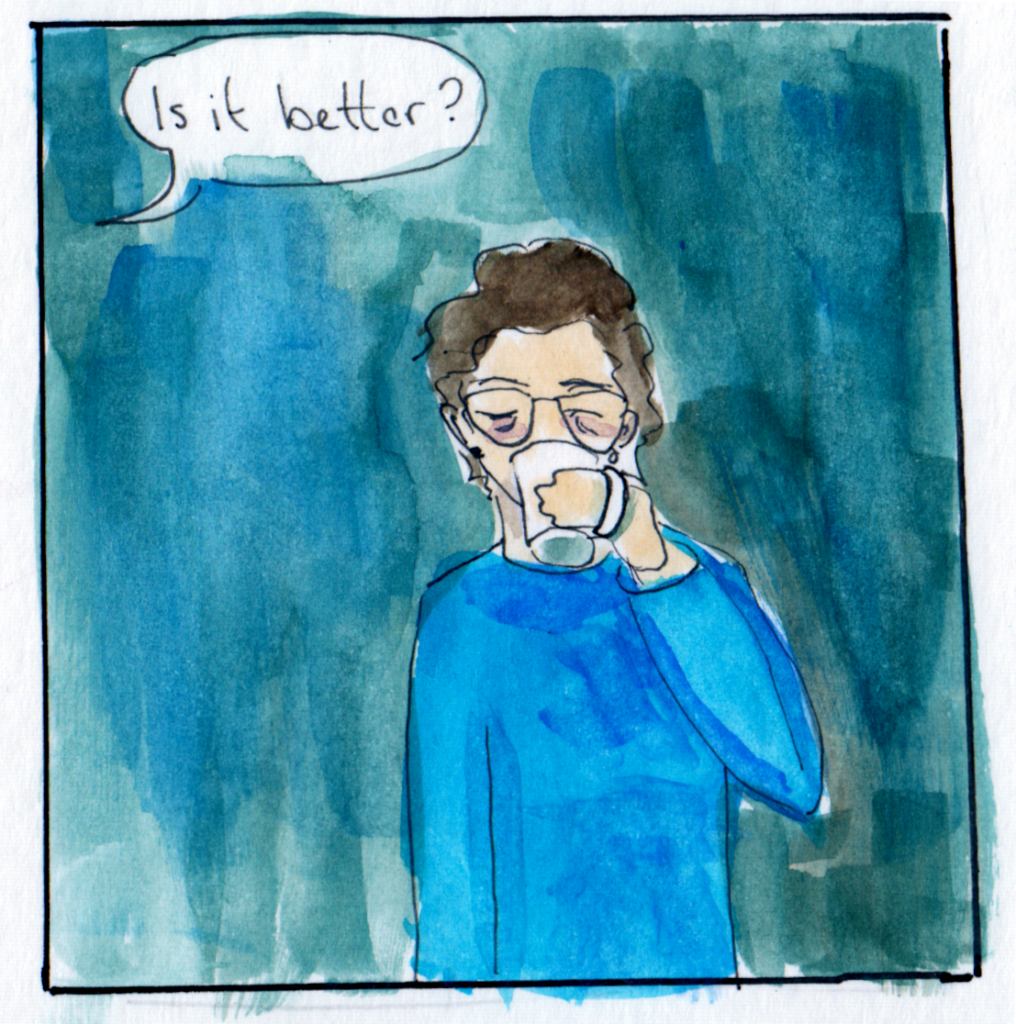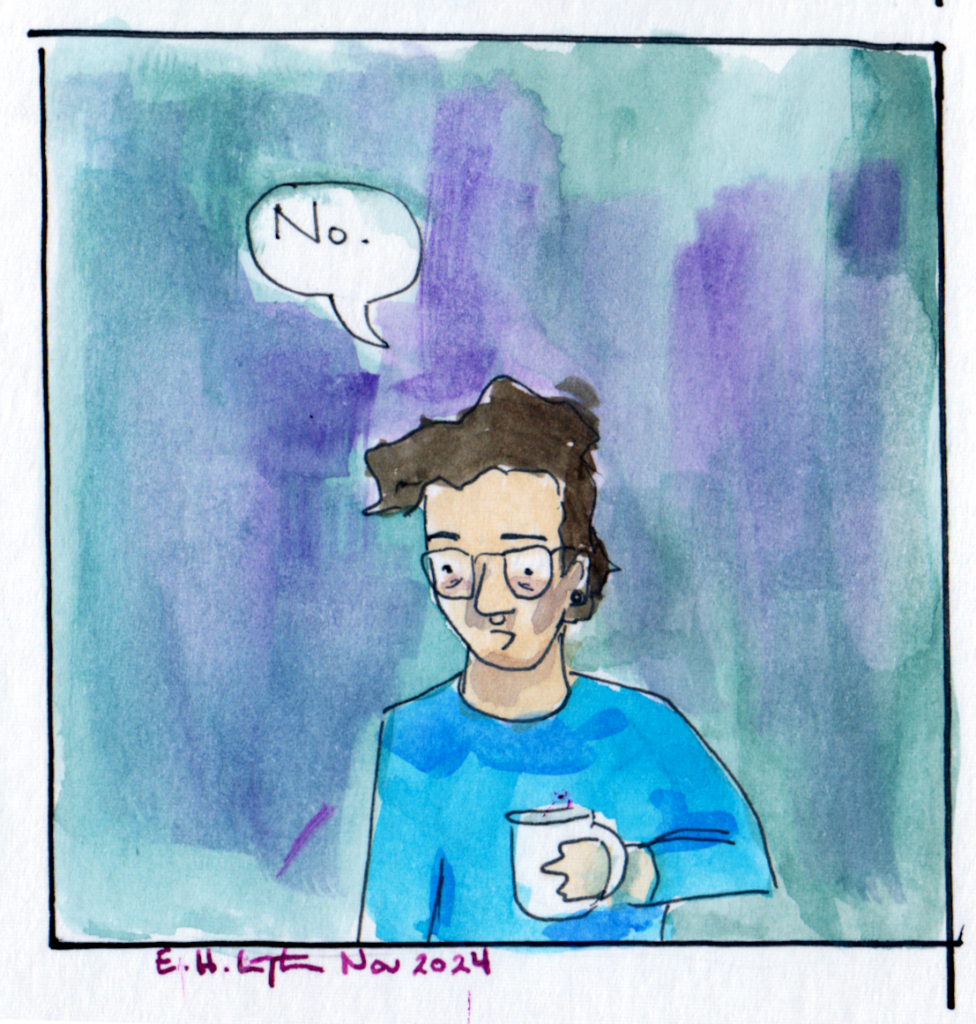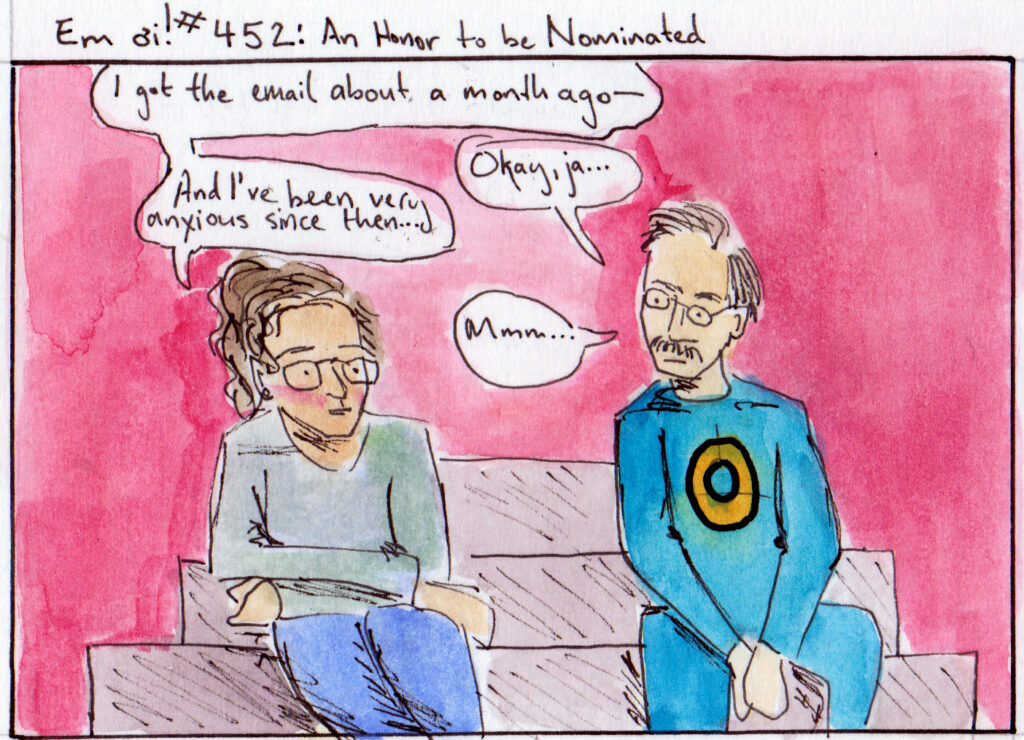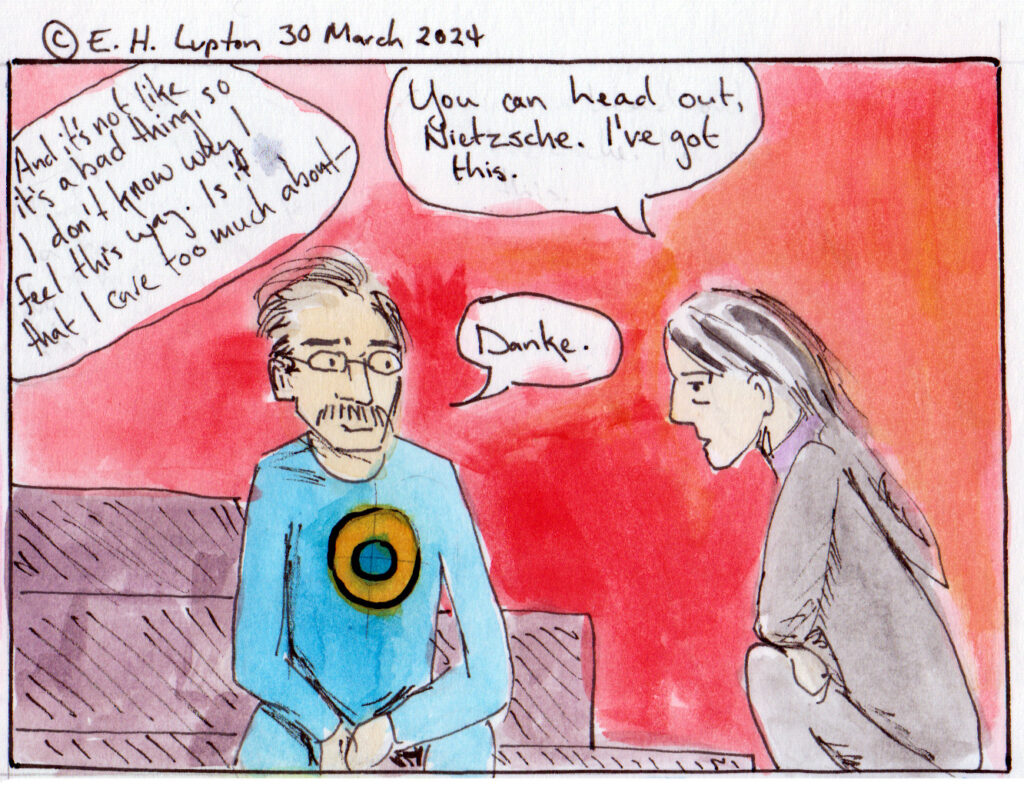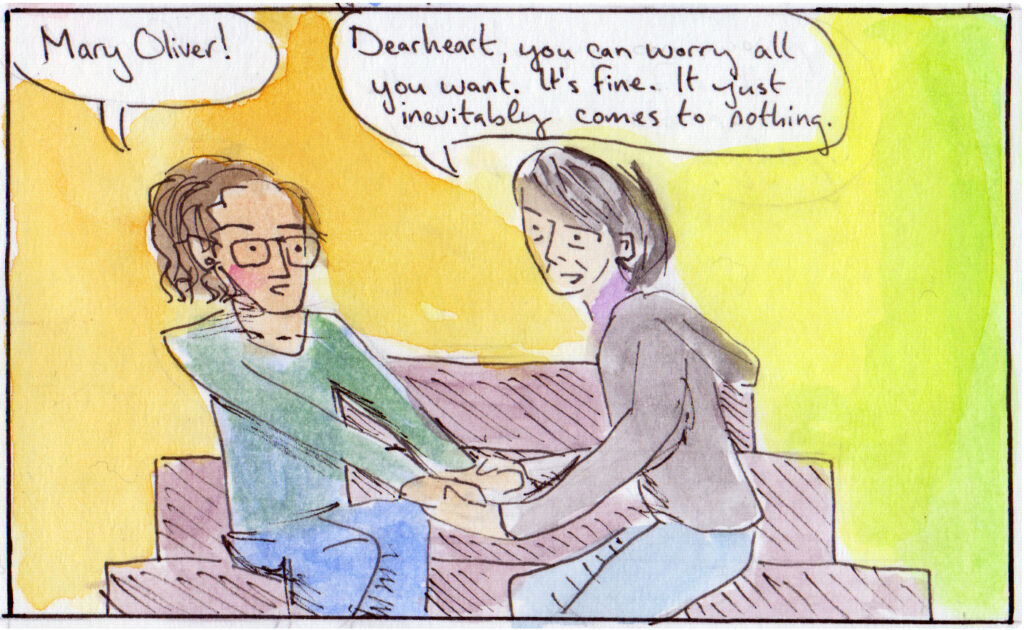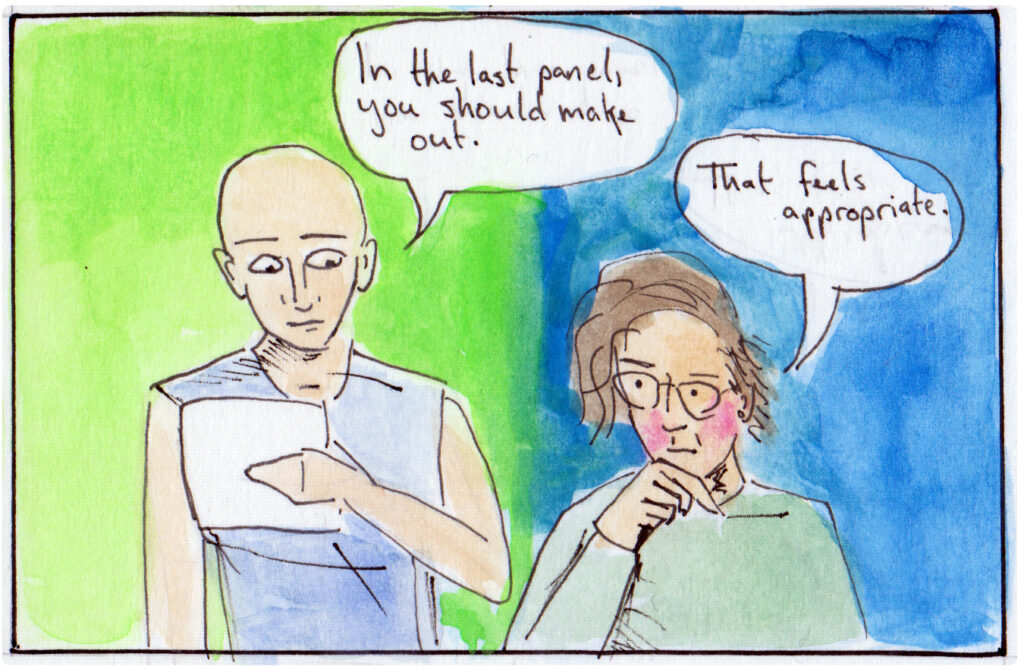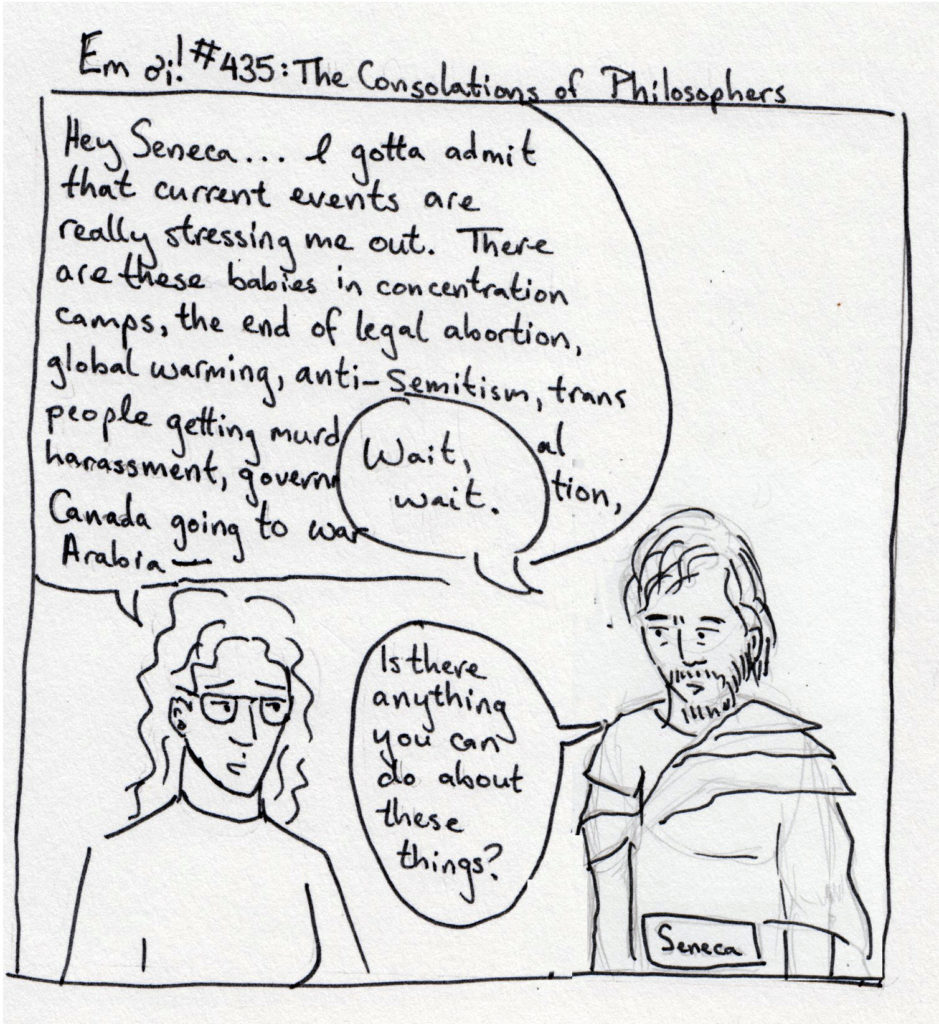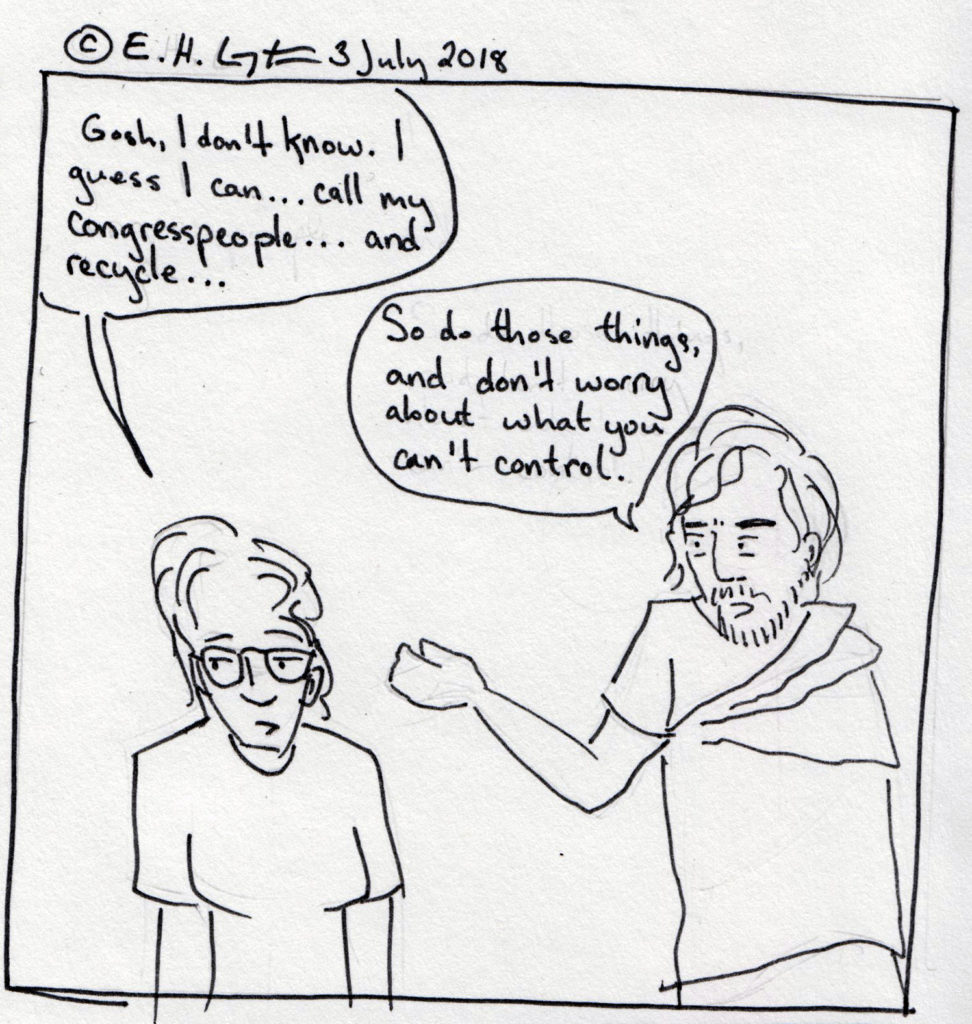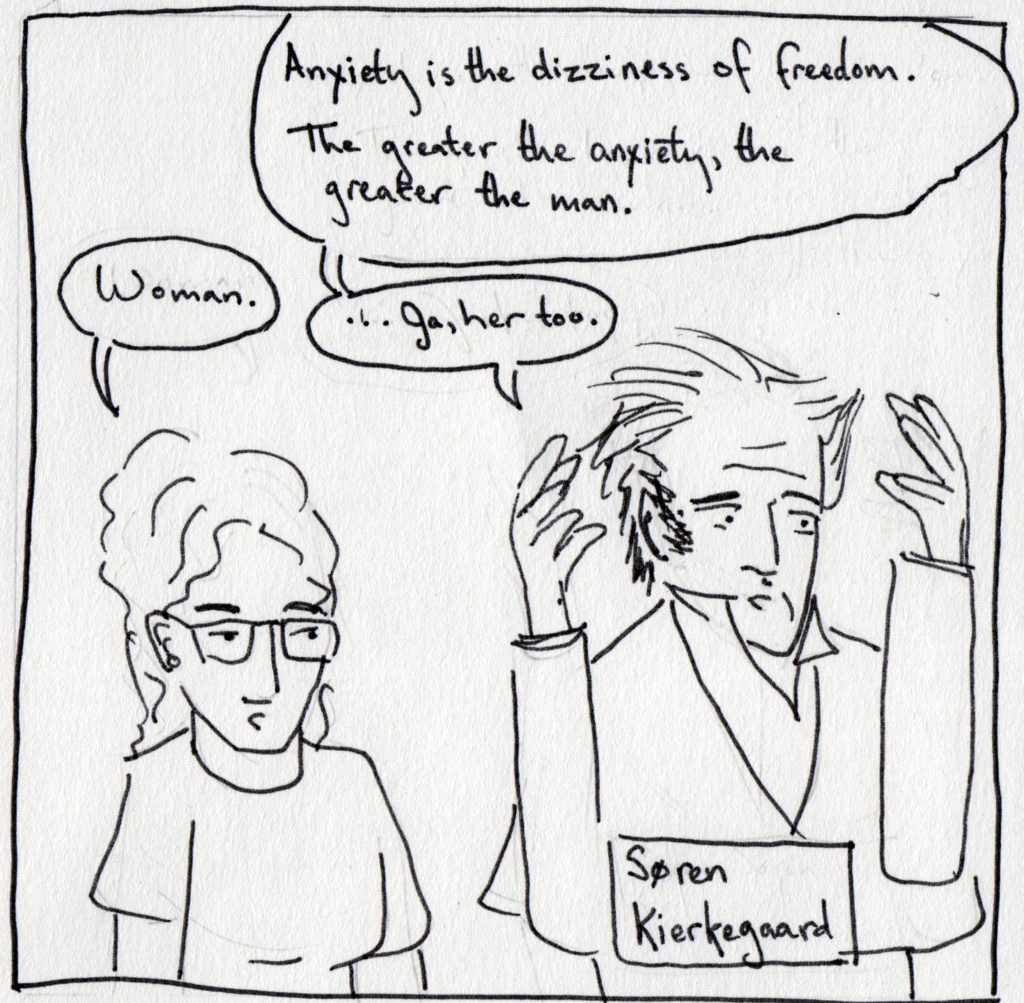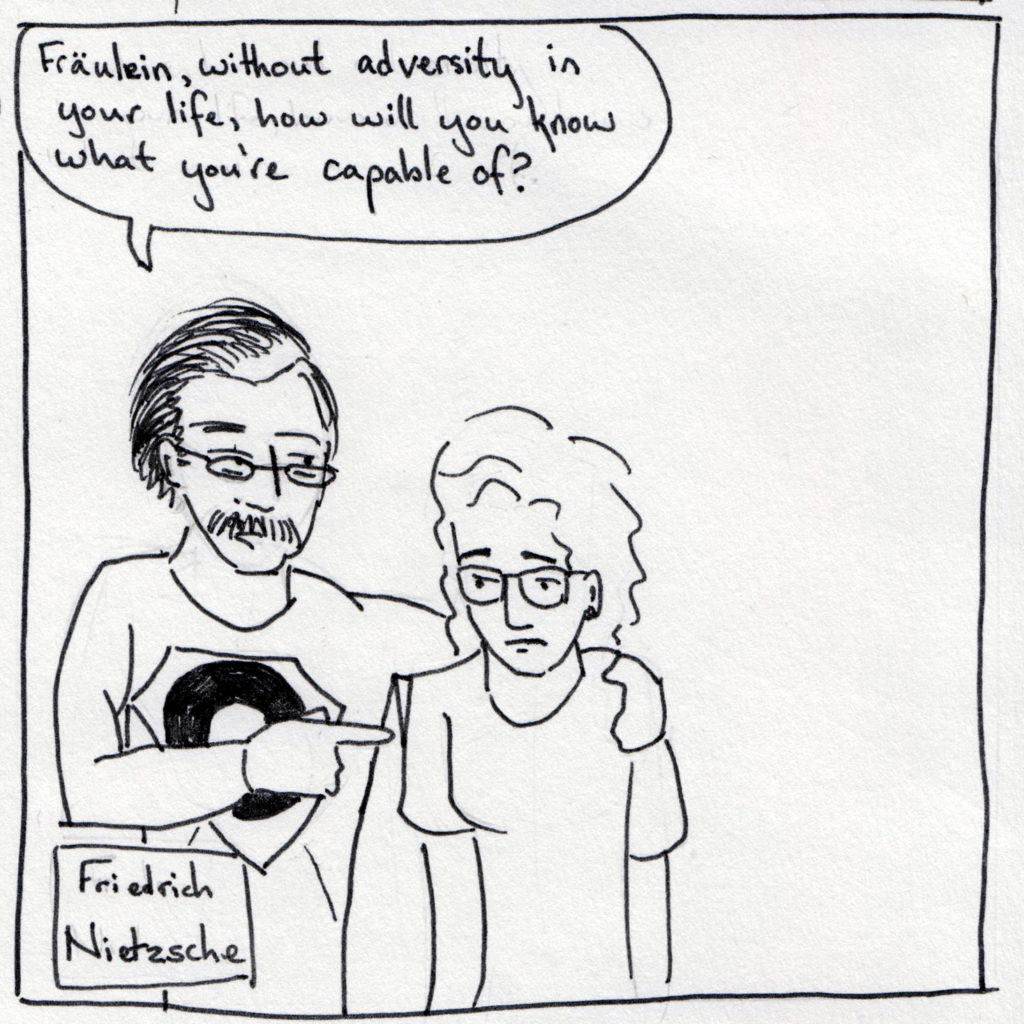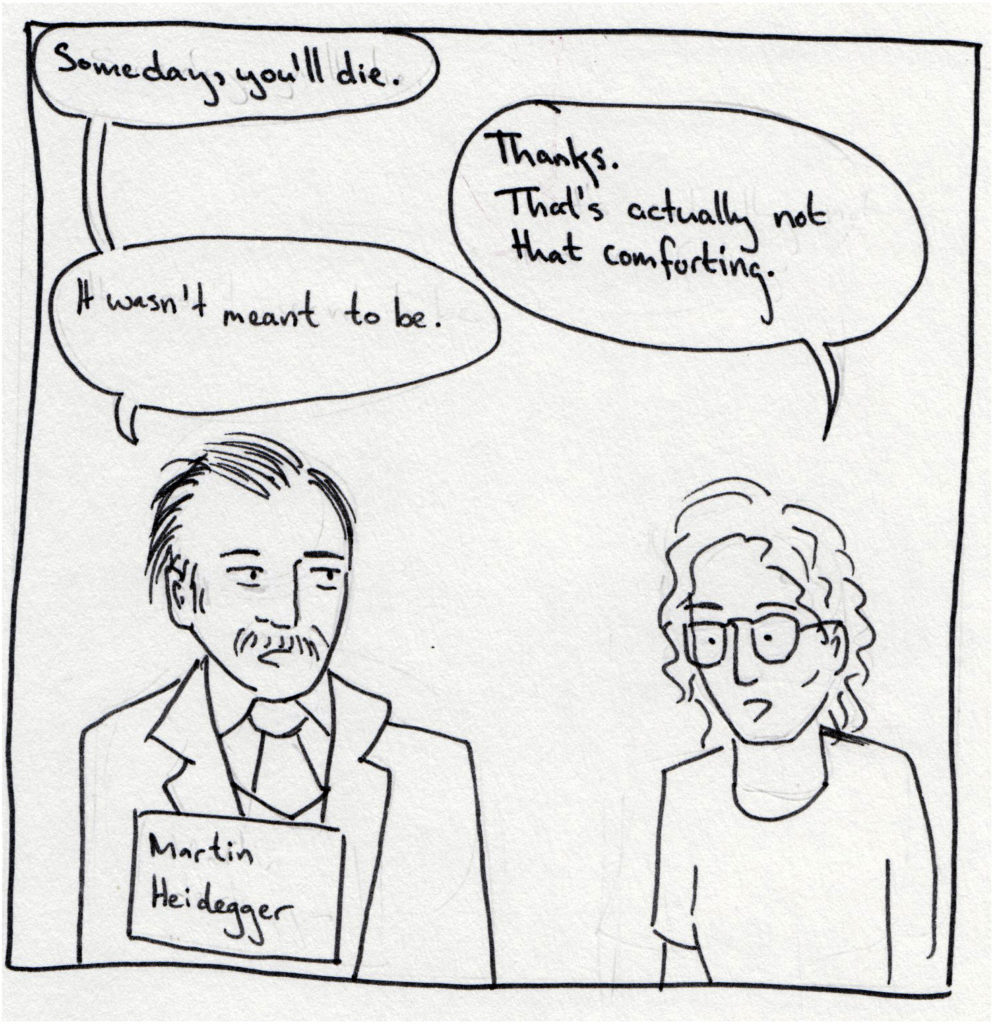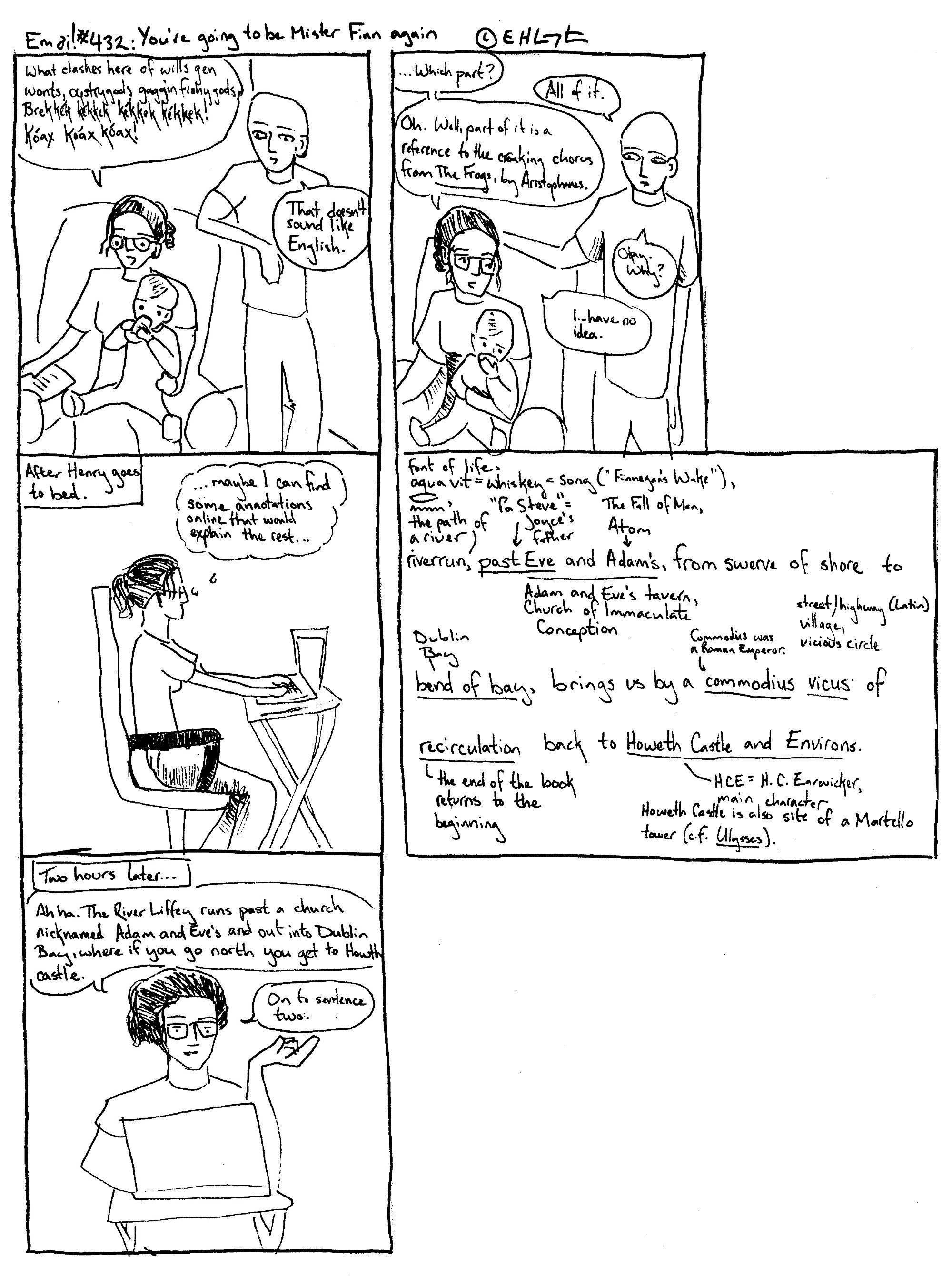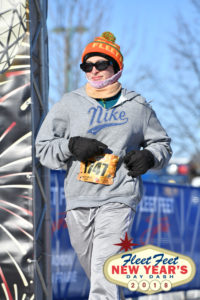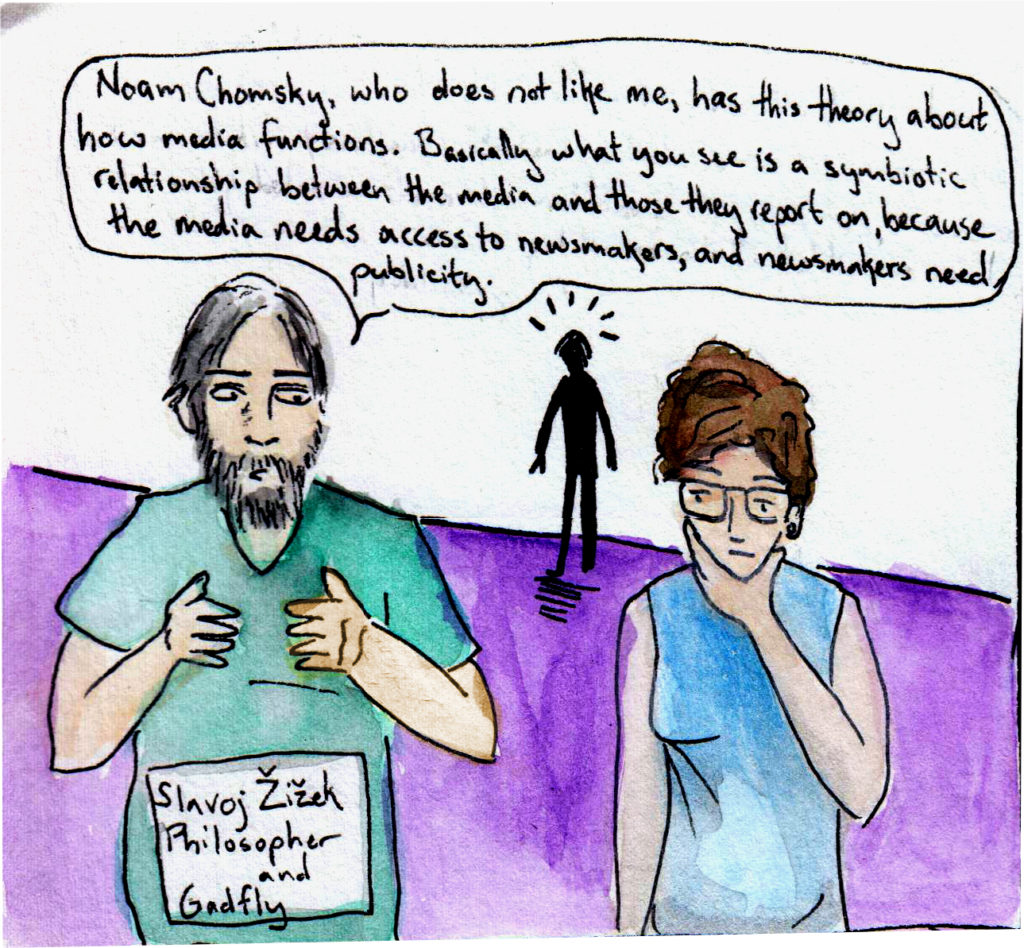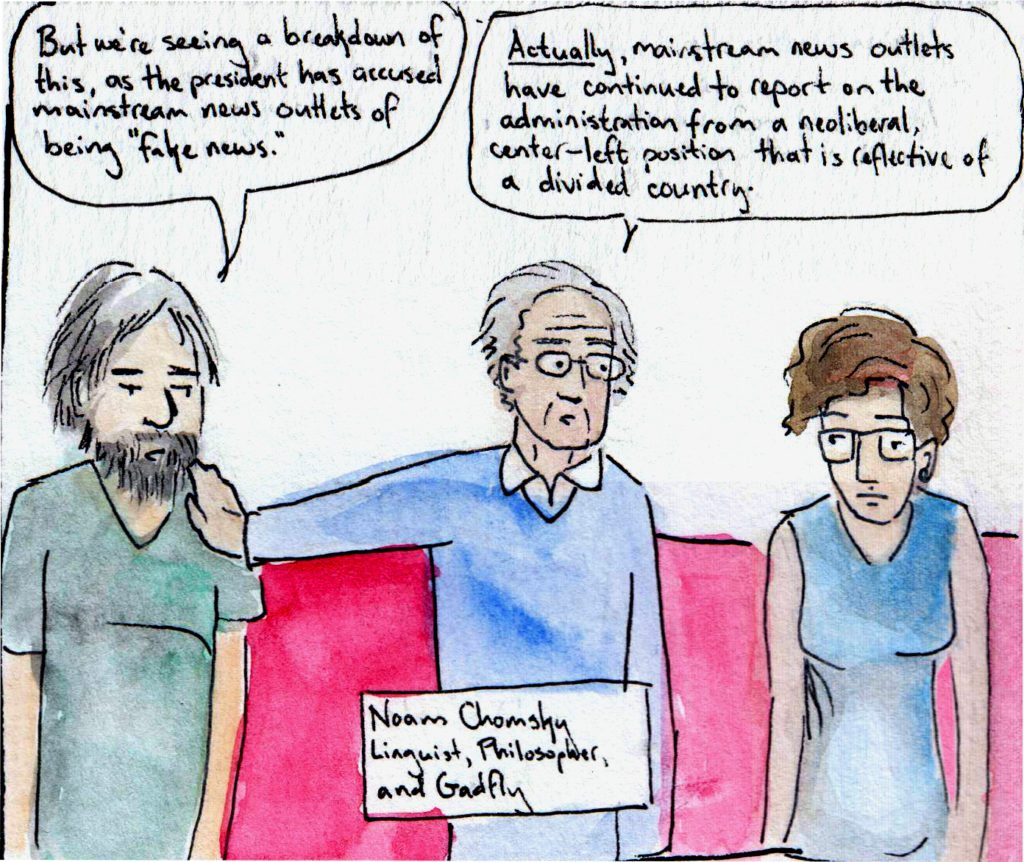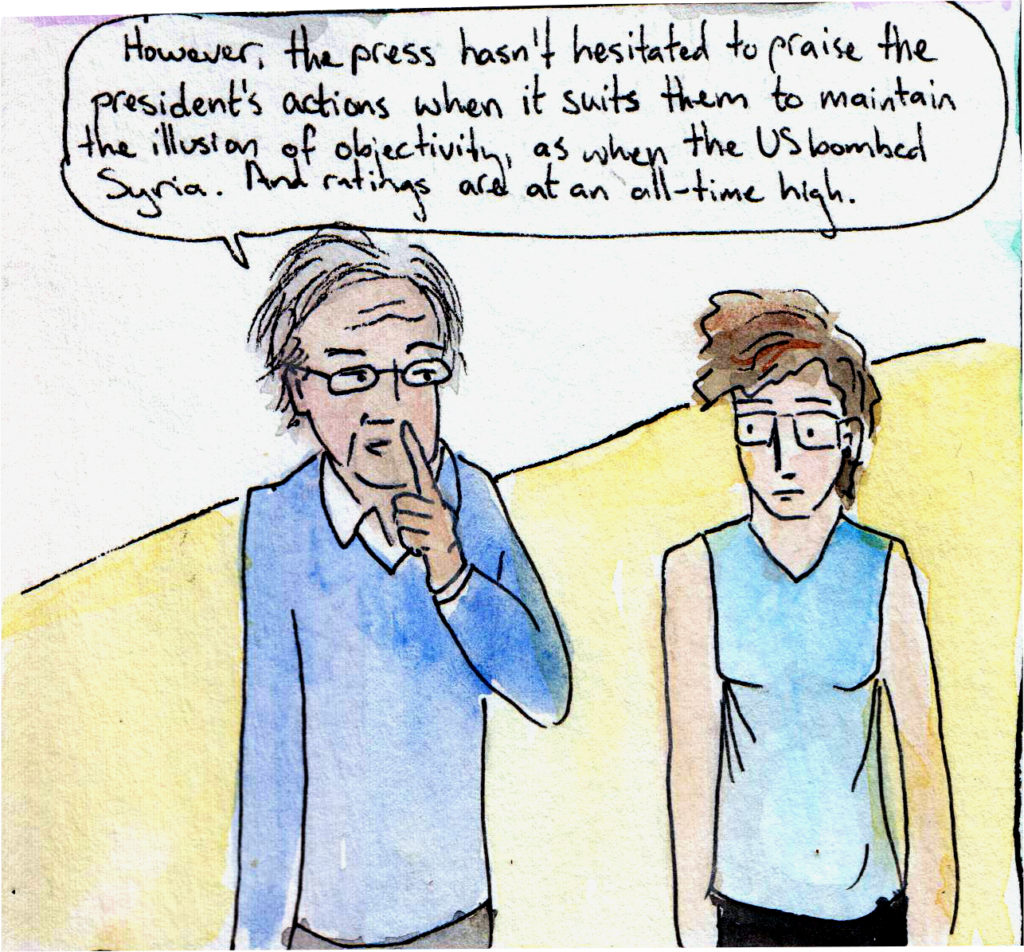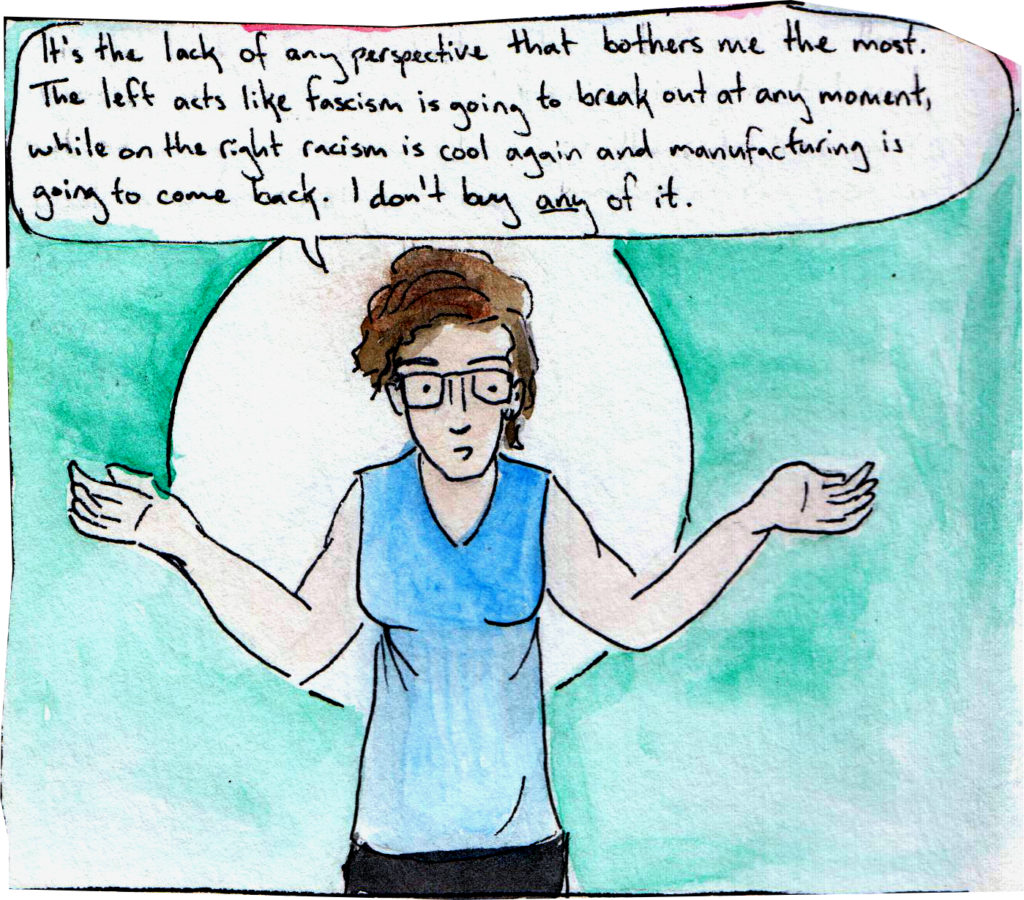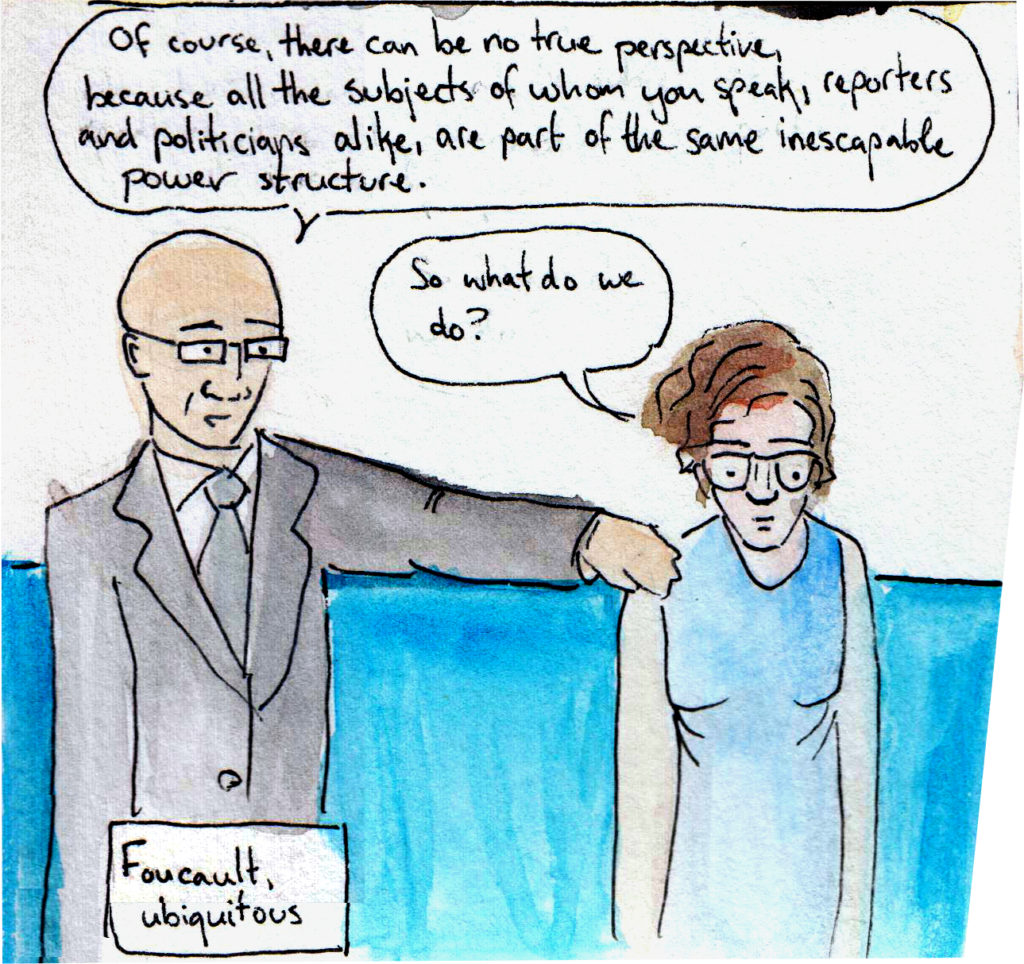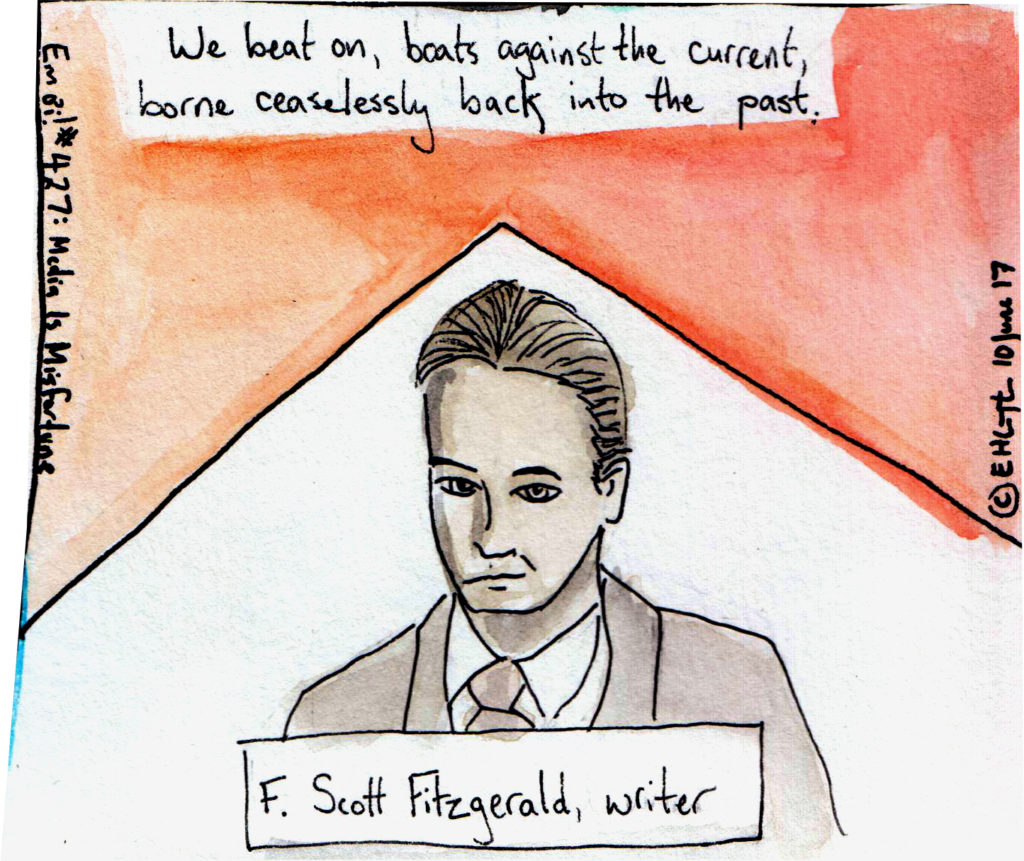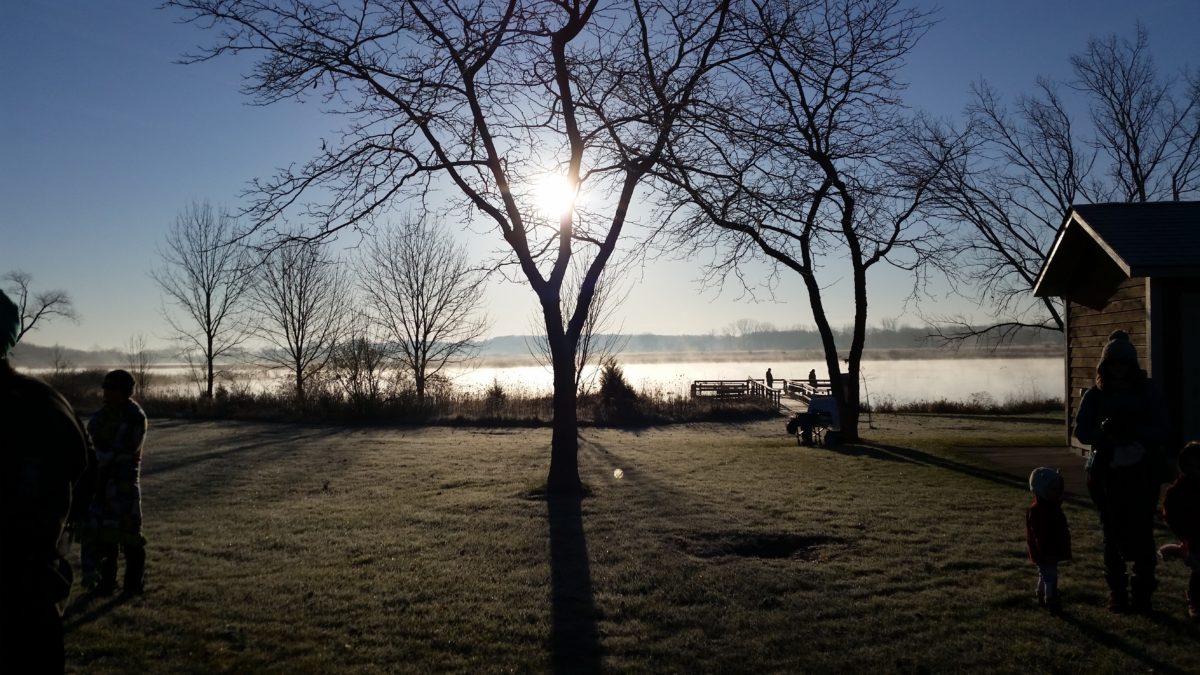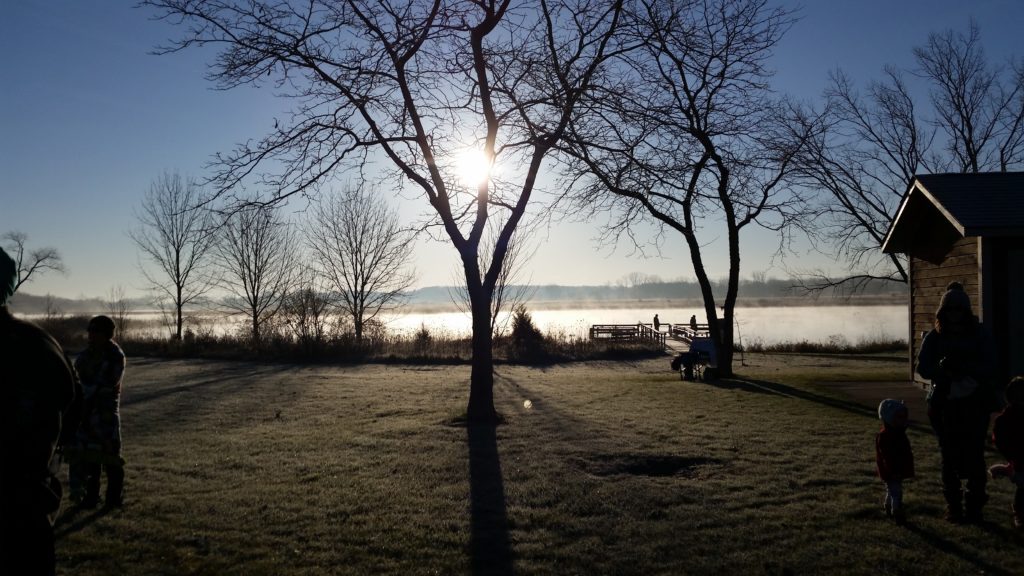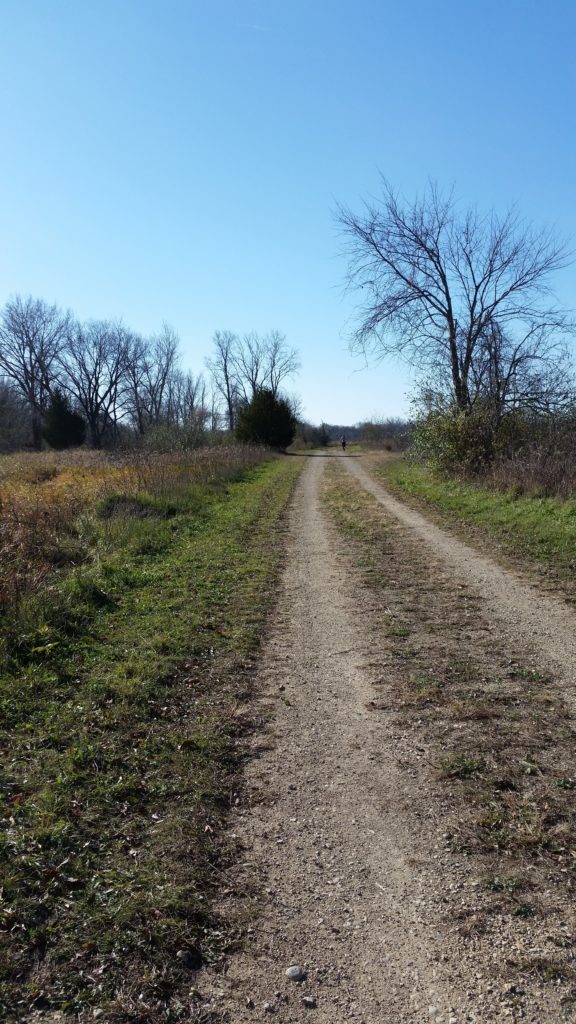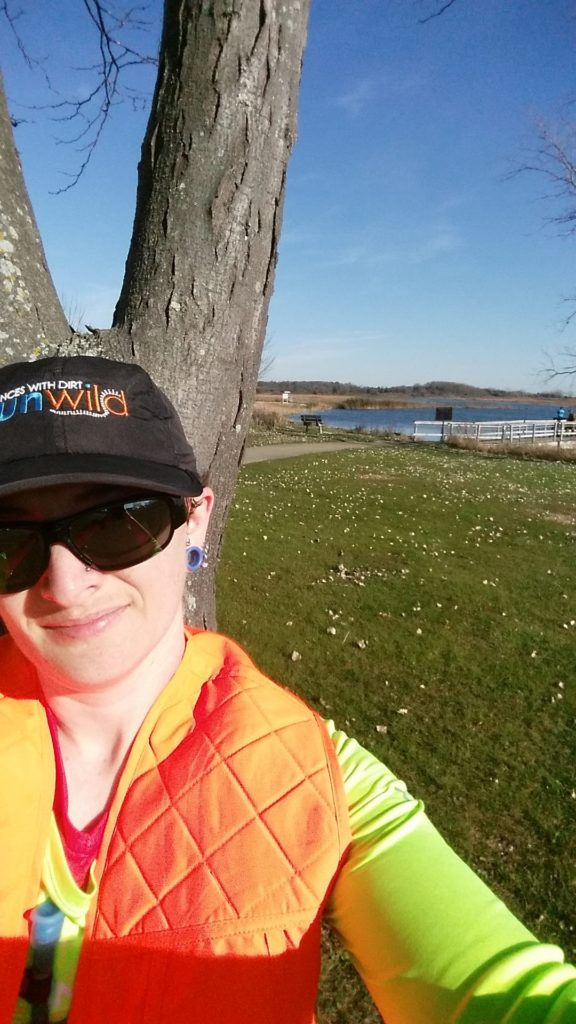Thank you all for the support for Lazarus, Home from the War. Many people posted lovely reviews on social media and shared my posts, and in general made release day very delightful for me. I donated the first day’s profits from Amazon to Doctors without Borders and Amazon Conservation, two organizations I’ve supported for a long time.
June is Pride Month! (Except in Madison, where Pride happens in August because all the serious Pride-goers go to Milwaukee and/or Chicago first, I guess.) Happy Pride to everyone! Last year I had a short story for you all. This month, well…I wrote you a novel. Actually, I’ve been working on some shorter things, but nothing is done yet. Sorry! I did write you a novel.
Speaking of which, I’m pleased to announce that last week, I finished work on the first draft of book 8. This means that all nine books in the Wisconsin Gothic series have first drafts written! All of them clock in between 63 to 80k words; the fastest any of them was written was about eight weeks, and the slowest was about 55 weeks. (Length doesn’t correlate with writing speed, surprisingly.) And, if you’re curious, the order in which they were written, as far as I can remember, was: Dionysus in Wisconsin, Old Time Religion, Lazarus, Troth, book 6 started, book 7, book 6 completed, book 9, book 5, book 8.
Thanks to artist S. S. Genesee, I have a new Wisconsin Gothic sticker! I will be sending them to various bookstores as freebies and will also have them at events. And maybe send them out with direct orders. If you find yourself jonesing for a T-shirt or a tote bag with this logo, let me know.
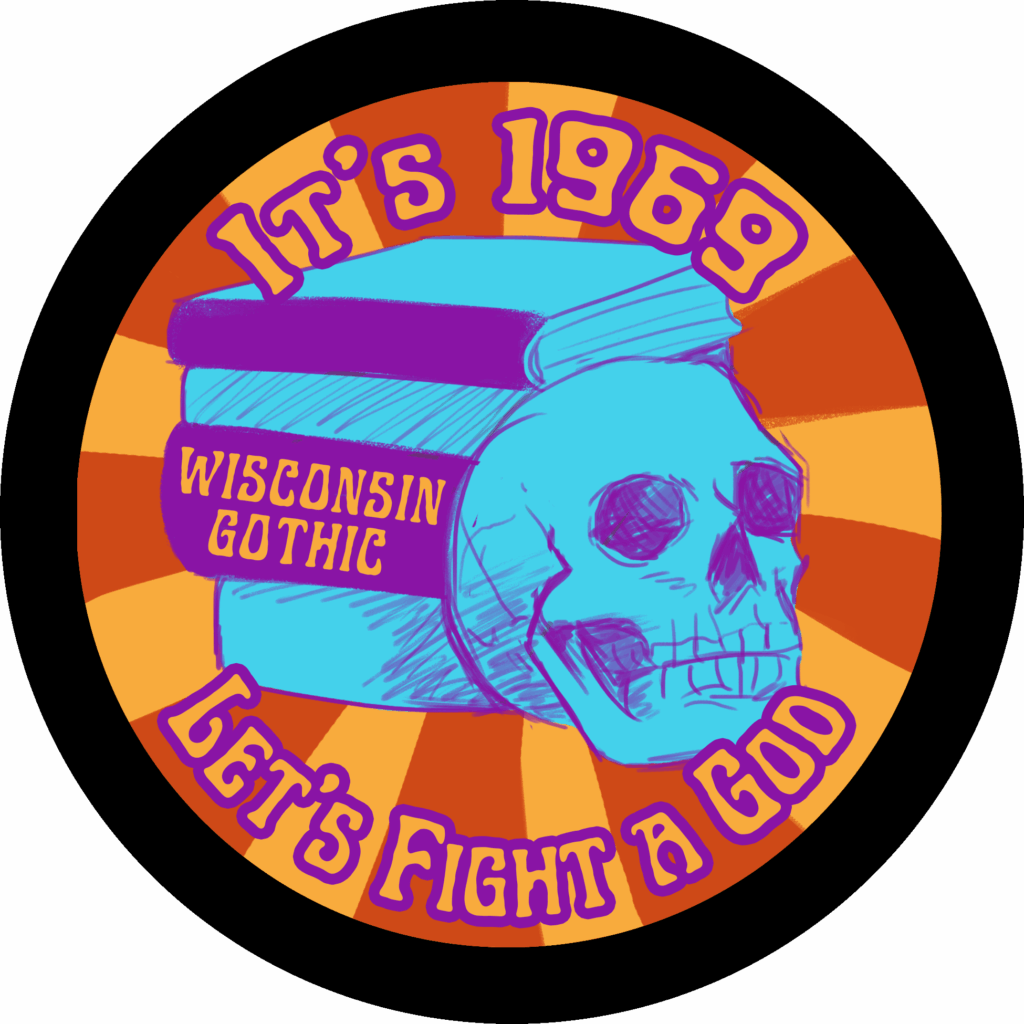
Which reminds me: I am now fully stocked with paperbacks of all the books! If you want one, you can email me, slide into my DMs on a social media site, or head on over to itch.io. I charge $17 if I have to ship and $15 if you’re local and want to pick it up. If you want multiple books, definitely message me and I can give you a small discount. I know a few bookstores also have Lazarus in stock, notably Tropes and Trifles in Minneapolis (I saw a photo).
Upcoming Appearances
I will be at the Author Fair at the Hedberg Public Library in Janesville, WI on June 21st. It runs from 2:30-4:30pm. In addition to copies of all four novels, we’ll have tarot decks available, and Rowan will be doing tarot readings for $5 (space permitting).
I will be at the Middleton Book Fair on August 2nd from 10am–4pm (or whenever we sell out). It’s being held on Stone Horse Green this year, which is at the corner of Elmwood and Parmenter.
I’ll be at Tropes and Trifles in Minneapolis, MN the first week of August to sign some stock and say hi. This is a very unofficial visit. Specific date/time TBD.
And in September, I’ll be at Booked Eau Claire! It’s a big event taking place from 12–13 September. I will be speaking on two panels (one on closed vs open door romance and one on indie publishing). If you’re planning to attend and would like a signed book, you can pre-order here. (Note that this is a very manual process, so if you try to pre-order and don’t hear from me with a bill, send me an email!)
Other Announcements
New Milwaukee-area romance bookstore The Well-Red Damsel will be carrying Dionysus in Wisconsin when they open, so make sure you drop by and pick up a copy so they know it is a good idea! I’m going to send them some stickers too, although I may not have them for their opening, which I believe is June 21st.
In May we did zero podcasts. Whomp whomp.
I’ve written a blog post with a bibliography of sources I looked through while writing Lazarus. It’s not up yet, but look for it later this week.
That’s it. Have a good month!

